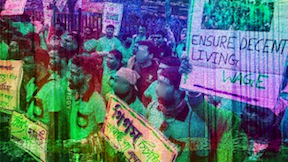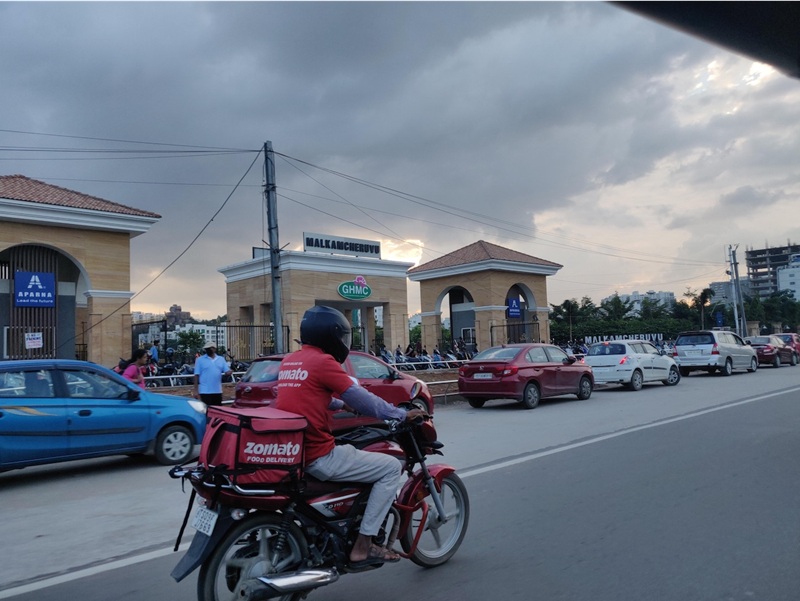*A note from Co-PI Noopur Raval: The arrival and rise of gig-work globally has ushered in a new wave of conversations around the casualization of labor and the precarious nature of digitally-mediated “gigs,” ranging from online crowdwork gigs to digitally-mediated physical work such as Ubering. Gradually, scholarship has extended beyond North America and Europe to map the landscape of digital labor in the global south. These posts that make up “India’s Gig-Work Economy” are the result of one such project titled ‘Mapping Digital Labour in India,’ where four research fellows and a program manager, me, have been studying the dynamics of app-based ridehailing and food-delivery work in two Indian cities (Mumbai and New Delhi). This project is supported by the Azim Premji University’s Research Grants program. In this series of posts, the research fellows and I offer reflections on pleasure, surveillance, morality and other aspects woven into the sociality of gig-work and consumption in India. Each post also has an accompanying audio piece in an Indian language, in a bid to reach out to non-academic and non-English speaking audiences. The series ends with a roundtable discussion post on the challenges, gender and class dynamics, and ethics of researching gig-work(ers) in India.*
Download a transcript of the audio in Devanagari.
Mumbai, India’s financial capital, is also often considered one of the safest cities for women in India, especially in contrast with New Delhi which is infamously dubbed as the “rape capital” within the country. Sensationalised incidents of harassment, molestation and rape serve as anecdotal references and warnings to other women who dare to venture out alone even during the daytime. The Delhi government recently proposed a policy for free transport for women in public buses and metro trains with the objective of increasing women’s affordability and access and to ensure safety in public transportation. Despite such measures to increase women’s visibility and claims to public utilities and spaces, women who use public transport have historically suffered groping and stalking on buses and trains, which uphold self-policing and surveillance narratives. The issue of women’s safety in India remains a priority as well as a good rhetorical claim and goal to aspire to, for public and private initiatives. Ironically, the notion of women’s safety is also advanced to increase moral policing and censure women’s access to public spaces, which also perpetuates exclusion of other marginalised citizens (Phadke 2007). Further, and crucially, whose safety is being imagined, prioritized and designed for (which class of women are central to the imagination of the safety discourse) is often a point of contention. (read more...)



